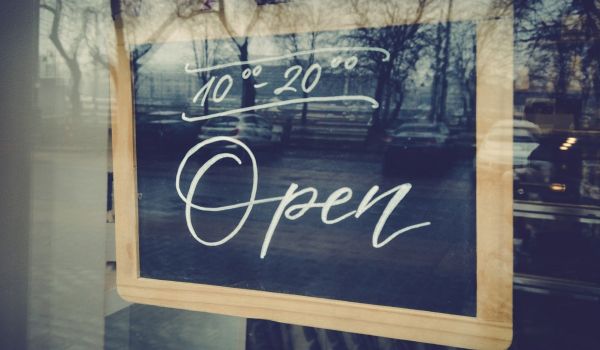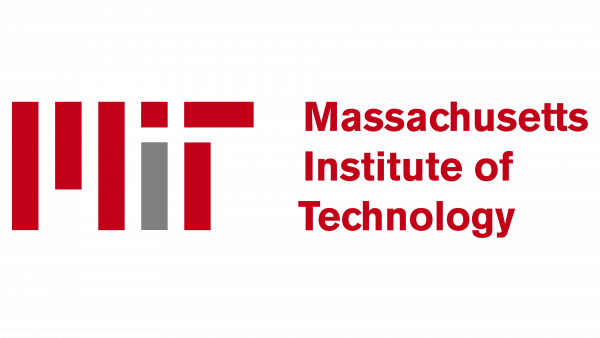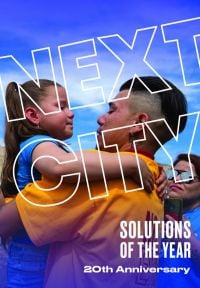Philadelphia Passes Bill to Establish Public Bank
In a vote of 15-1, Philadelphia City Council moved closer to establishing a municipally owned public bank. As Next City senior economics correspondent Oscar Perry Abello reported recently, the mission of the proposed Philadelphia Public Financial Authority is to “support Black-owned businesses and other businesses in neighborhoods that have historically lacked access to credit.” Learn more about the potential of public banks in a Next City ebook.
Workers at REI in Manhattan Vote to Unionize
Workers at a New York City REI store have overwhelmingly voted in favor of unionization, the New York Times reports.
The Manhattan flagship store is the first of 170 stores to unionize, but the co-op is one of many other chains to see a campaign for unionization in the past few months.
Vice News reports on the company’s anti-unionization efforts including mandatory meetings, a pause on promotions, and a union-busting podcast with REI CEO Eric Artz.
While employees rate REI highly in terms of fair treatment, workers feel that there is a gap between the company’s values and its actions. Among other demands, employees are asking for a living wage, guaranteed hours and healthcare benefits for full-time employees.
“We’re hopeful that REI meets us in good faith during negotiations for our first contract, while keeping our co-op values in mind and applying them to workers, so we can all demonstrate that we really do go further,” said Claire Chang, a retail sales specialist at the store.
Atlanta’s $13 Million Guaranteed Income Program
Atlanta, one of the top U.S. cities for income inequality, is the latest city to get a guaranteed income program, Wabe reports.
This initiative will support hundreds of low-income Black women with an average of $850 monthly payments for the next two years. And the program has plans to expand to other parts of Metro Atlanta and in rural Georgia.
Several guaranteed income pilots have been launching across the nation, with Next City reporting on the latest initiatives in New York and Philadelphia, as traditional forms of federal relief to low-income families have fallen short of the support people need.
Hope Wollensack, the executive director of the Georgia Resilience and Opportunity Fund, the organization that is running the Atlanta pilot, says, “Those often with the lowest income are making some of the best financial decisions and that choice and agency component really reflects how we trust people to be experts in their own lives, and our current programs don’t do that.”
Keep track of other basic income programs on Next City’s interactive map, here.
This article is part of The Bottom Line, a series exploring scalable solutions for problems related to affordability, inclusive economic growth and access to capital. Click here to subscribe to our Bottom Line newsletter.

Solcyre (Sol) Burga was an Emma Bowen Foundation Fellow with Next City for summer 2021. Burga graduated from Rutgers University with a degree in political science and journalism in May of 2022. As a Newark native and immigrant, she hopes to elevate the voices of underrepresented communities in her work.
.(JavaScript must be enabled to view this email address)





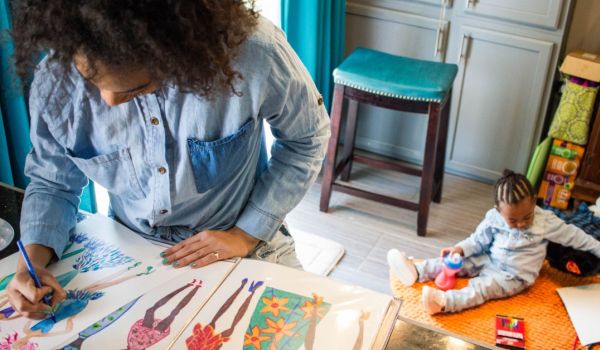

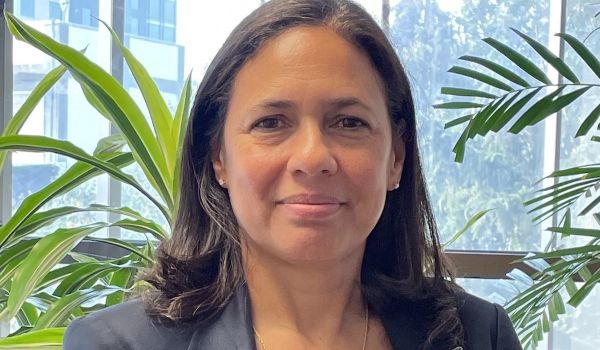
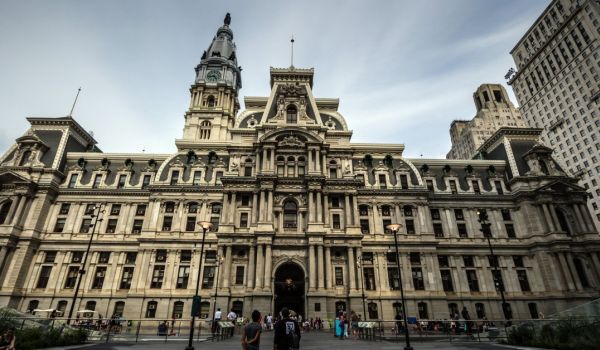
_600_350_80_s_c1.jpg)
